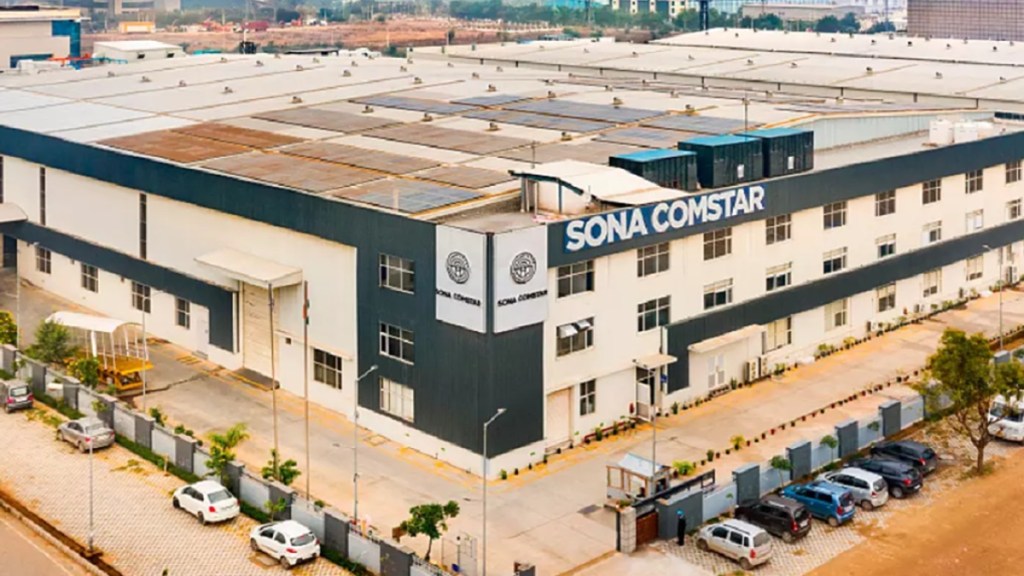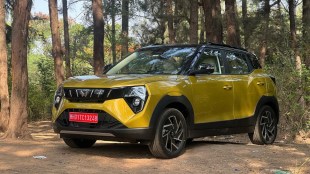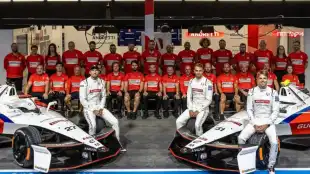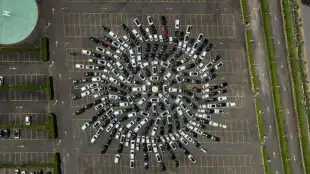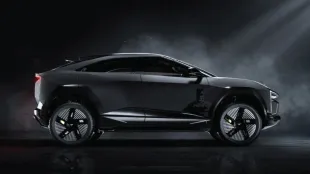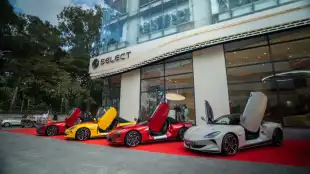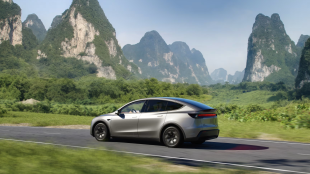The Chinese government has rejected Sona Precision Forgings’ (Sona Comstar) application to import rare earth magnets (REMs), making it the first Indian company to face such a decision under China’s tightened export control regime. The move, according to sources familiar with the matter, took place in late May and comes amid broader concerns across the domestic auto component sector regarding new export licensing rules introduced by Beijing in April. However, sources said that Sona Comstar had submitted two applications and only one of them has been turned down, while the other is still under consideration.
Sources added that Sona can reapply for the application which has been rejected. Further, the rejection of one of its application should be seen in the context of it being the most pro-active on this front by being among the first to finish the documentation and submit its applications. Globally, several other component manufacturers have seen their requests being turned down and they are applying again as countries try to tide over the issue through diplomatic channels.
Sona Comstar is a key supplier to several global and Indian automotive manufacturers, including Ford, General Motors, Toyota, Hyundai, and Volkswagen. In India, it supplies components such as traction motors, differential assemblies, and motor control units, which are used in electric and hybrid vehicles as well as internal combustion engine (ICE) platforms. The company plays a significant role in the supply chain of several Indian OEMs, including Maruti Suzuki, Bajaj Auto, and TVS Motor.
Sona Comstar did not reply to an e-mail query seeking clarifications on this issue, till the time of going to the press.
Under China’s new licensing system for rare earth exports, companies importing sensitive materials like REMs must submit end-use certificates. These documents, which detail how and where the materials will be used, are subject to verification by Chinese authorities before any shipment is approved.
Amid growing unease within the industry, leading domestic component manufacturers are considering sending a delegation to China to explain the civilian and commercial end-use of their imports and appeal for faster clearances. However, sources say efforts to secure an appointment with Chinese authorities have yet to succeed.
The situation has drawn varying responses from the automakers. Maruti Suzuki has stated there is no immediate disruption in its local operations, although its parent company Suzuki Motor Corporation recently suspended production of the Swift in Japan, reportedly due to a shortfall in rare earth components.
Bajaj Auto and TVS Motor have expressed more immediate concerns. TVS said that the REM shortage could begin to disrupt production from June or July. “There will be a cost increase to the customer. We are trying to de-risk, but the price impact is real,” said Sudarshan Venu, managing director. Bajaj Auto has also flagged a similar timeline for possible production challenges, citing depleting inventory and warning of significant output impairment if supplies do not resume soon.
